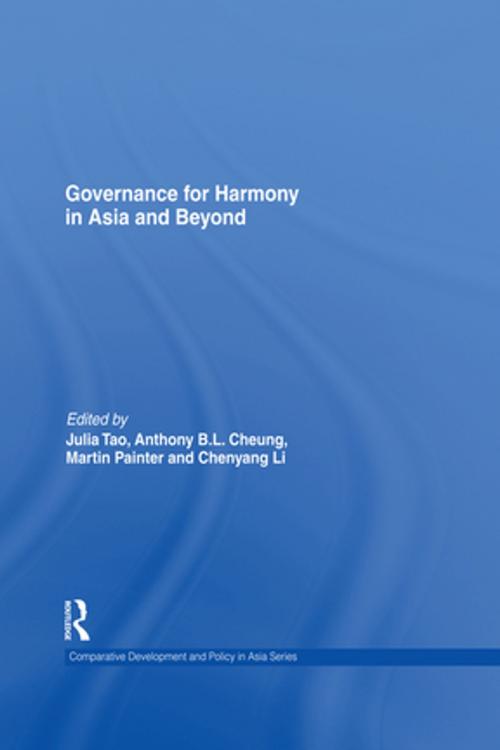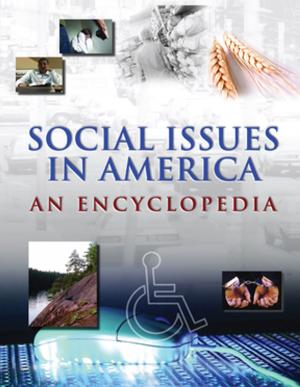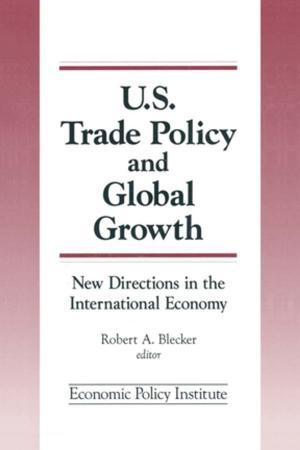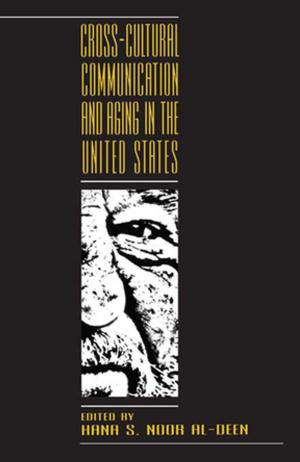Governance for Harmony in Asia and Beyond
Nonfiction, Religion & Spirituality, Philosophy, Social & Cultural Studies, Political Science, Social Science| Author: | ISBN: | 9781135181529 | |
| Publisher: | Taylor and Francis | Publication: | December 18, 2009 |
| Imprint: | Routledge | Language: | English |
| Author: | |
| ISBN: | 9781135181529 |
| Publisher: | Taylor and Francis |
| Publication: | December 18, 2009 |
| Imprint: | Routledge |
| Language: | English |
Harmony has become a major challenge for modern governance in the twenty-first century because of the multi-religious, multi-racial and multi-ethnic character of our increasingly globalized societies. Governments all over the world are facing growing pressure to integrate the many diverse elements and subcultures which make up modern pluralistic societies. This book examines the idea of harmony, and its place in politics and governance, both in theory and practice, in Asia, the West and elsewhere. It explores and analyses the meanings, mechanisms, dimensions and methodologies of harmony as a normative political ideal in both Western and Asian philosophical traditions.
The book argues that in Western political thought - which sees politics as primarily concerned with resolving social conflicts and protecting individual rights - the concept of harmony has often been neglected. In contrast, since earliest times harmony or ‘he’ has been a profound theme in Confucian thought, and current leaders of many East Asian governments, and the Chinese government, have explicitly declared that the realisation of a harmonious society is their aim. The book also assesses how harmony is pursued, jeopardized or deformed in the real world of politics, based upon empirical analysis of a variety of different cultural, social and political contexts, including: China, Hong Kong, Singapore, Malaysia, Singapore, Vietnam, Denmark, Latin America and the Scandinavian countries.
It shows how harmony as an organizing concept can help to promote new thinking in governance, and overcome problems of modern-day governance like distrust, adversarial conflicts, hyper-individualism, coercive state intervention, and free-market alienation. It also discusses the potential problems posed by the pursuit of harmony, in particular in the grave threat of totalitarianism, and considers how these risks could best be mitigated.
Harmony has become a major challenge for modern governance in the twenty-first century because of the multi-religious, multi-racial and multi-ethnic character of our increasingly globalized societies. Governments all over the world are facing growing pressure to integrate the many diverse elements and subcultures which make up modern pluralistic societies. This book examines the idea of harmony, and its place in politics and governance, both in theory and practice, in Asia, the West and elsewhere. It explores and analyses the meanings, mechanisms, dimensions and methodologies of harmony as a normative political ideal in both Western and Asian philosophical traditions.
The book argues that in Western political thought - which sees politics as primarily concerned with resolving social conflicts and protecting individual rights - the concept of harmony has often been neglected. In contrast, since earliest times harmony or ‘he’ has been a profound theme in Confucian thought, and current leaders of many East Asian governments, and the Chinese government, have explicitly declared that the realisation of a harmonious society is their aim. The book also assesses how harmony is pursued, jeopardized or deformed in the real world of politics, based upon empirical analysis of a variety of different cultural, social and political contexts, including: China, Hong Kong, Singapore, Malaysia, Singapore, Vietnam, Denmark, Latin America and the Scandinavian countries.
It shows how harmony as an organizing concept can help to promote new thinking in governance, and overcome problems of modern-day governance like distrust, adversarial conflicts, hyper-individualism, coercive state intervention, and free-market alienation. It also discusses the potential problems posed by the pursuit of harmony, in particular in the grave threat of totalitarianism, and considers how these risks could best be mitigated.















